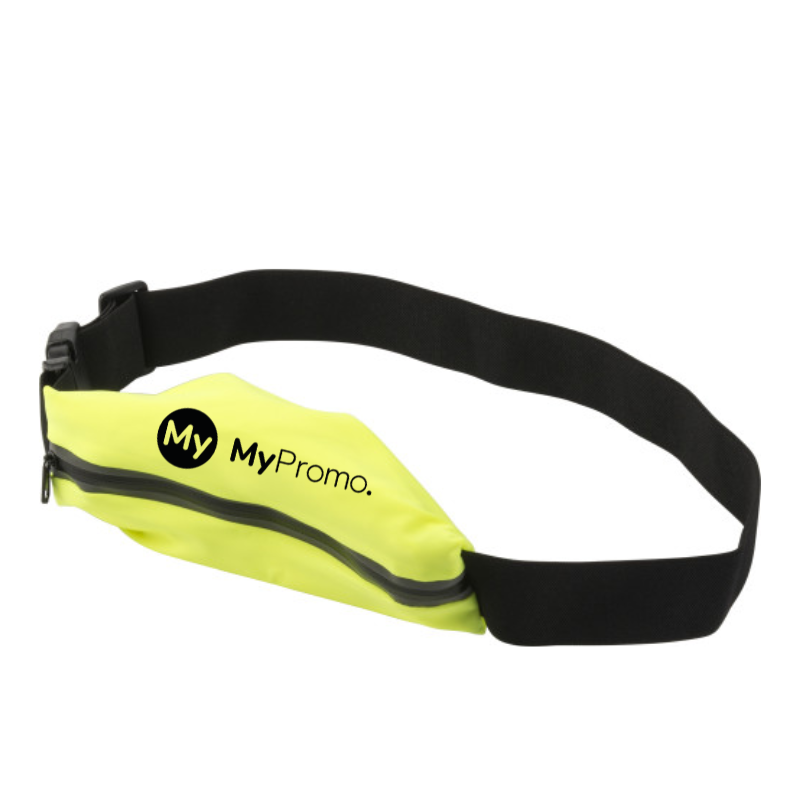POM
What is POM?
Polyoxymethylene (POM), also known as acetal or polyacetal, is a high-performance engineering plastic used widely in manufacturing and promotional gifts. This versatile material is celebrated for its exceptional mechanical properties and is frequently chosen for applications requiring high stiffness, low friction, and excellent dimensional stability.POM, first developed by DuPont in the 1950s, quickly gained prominence due to its remarkable strength and resilience. Its production involves polymerizing formaldehyde, resulting in a durable and reliable material that has become a staple in various industries. Over the years, POM has evolved with advancements in polymer technology, enhancing its properties and expanding its applications.
How is POM Produced?
The production of POM begins with the polymerization of formaldehyde or its derivatives. This process involves converting formaldehyde into a stable polymer through a series of chemical reactions. Once polymerized, the POM resin is formed into granules or pellets, which are then melted and molded into desired shapes using techniques such as injection molding or extrusion. This method ensures that the material maintains its high performance and consistency, making it suitable for precise and demanding applications.
Key Properties and Characteristics of POM
POM is renowned for its exceptional mechanical properties. It boasts high tensile strength and rigidity, making it ideal for parts that need to withstand significant stress. The material's low friction coefficient and excellent wear resistance enable it to perform well in applications involving moving parts. Additionally, POM has good chemical resistance, allowing it to endure exposure to various solvents and fuels without degrading.
Another notable characteristic of POM is its excellent dimensional stability. It maintains its shape and size under a wide range of temperatures and environmental conditions, reducing the risk of deformation and ensuring reliable performance. These properties make POM a preferred choice in manufacturing precision components and high-quality promotional items.
Applications of POM in Manufacturing and Promotional Gifts
POM's versatility extends to numerous applications across different industries. In manufacturing, it is commonly used to produce gears, bearings, and bushings due to its strength and low friction. Electrical components, automotive parts, and medical devices also benefit from POM's properties.
In the realm of promotional gifts, POM's durability and ease of customization make it an excellent material for creating personalized items. Keychains, pen bodies, and custom-designed tools are often made from POM, offering a perfect blend of functionality and promotional appeal. Its ability to be precisely molded ensures that logos and designs are accurately replicated, enhancing brand recognition.
Advantages of Using POM in Manufacturing
POM offers several advantages in manufacturing, starting with its high mechanical strength and rigidity, which ensure long-lasting performance and reliability. Its low friction and wear resistance reduce maintenance needs and extend the lifespan of components. The material's dimensional stability means that parts maintain their integrity and fit accurately, even in challenging conditions.
Compared to other materials like nylon or polypropylene, POM provides superior toughness and resistance to creep and fatigue. This makes it suitable for applications where durability and precision are paramount. Furthermore, its ease of processing and customization enhances its appeal for creating promotional items that require intricate detailing.
Challenges and Limitations of POM
Despite its many benefits, POM does have some limitations. It is susceptible to degradation when exposed to strong acids and bases, limiting its use in certain chemical environments. Additionally, while it performs well under a range of temperatures, extremely high temperatures can cause the material to lose its mechanical properties.
In conclusion, POM stands out as a robust and versatile material in both manufacturing and promotional gifts. Its exceptional properties and ease of customization make it a preferred choice for creating durable, high-quality products. Understanding its strengths and limitations helps manufacturers and marketers leverage its benefits effectively, ensuring optimal performance and satisfaction.
What is POM and why is it commonly used in manufacturing?
Polyoxymethylene (POM) is a high-performance engineering plastic known for its high stiffness, low friction, and excellent dimensional stability. It is commonly used in manufacturing due to its exceptional mechanical properties, making it ideal for producing precision parts that require durability and reliability.
How is POM produced?
POM is produced through the polymerization of formaldehyde or its derivatives. This process converts formaldehyde into a stable polymer. The resulting POM resin is then formed into granules or pellets, which are melted and molded into desired shapes using techniques such as injection molding or extrusion.
What are the key properties of POM?
The key properties of POM include high tensile strength, rigidity, low friction coefficient, excellent wear resistance, good chemical resistance, and outstanding dimensional stability. These characteristics make POM suitable for applications requiring high precision and durability.
How is POM used in promotional gifts?
In promotional gifts, POM is valued for its durability and ease of customization. Items such as keyrings, pen bodies, and custom-designed tools are often made from POM. Its ability to be precisely molded ensures that logos and designs are accurately replicated, enhancing brand recognition.
What are the advantages of using POM compared to other materials?
Compared to other materials like nylon or polypropylene, POM offers superior toughness, resistance to creep and fatigue, and better dimensional stability. It also has low friction and excellent wear resistance, making it ideal for high-precision applications and reducing maintenance needs.

